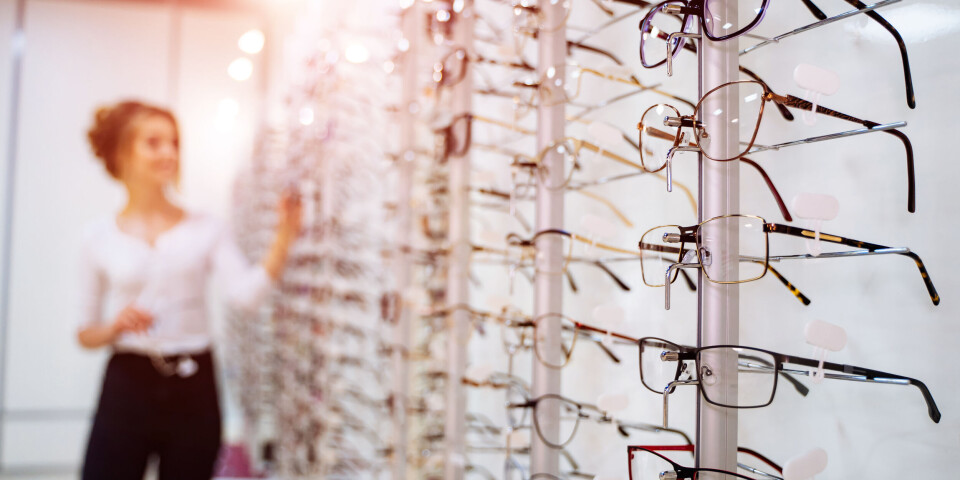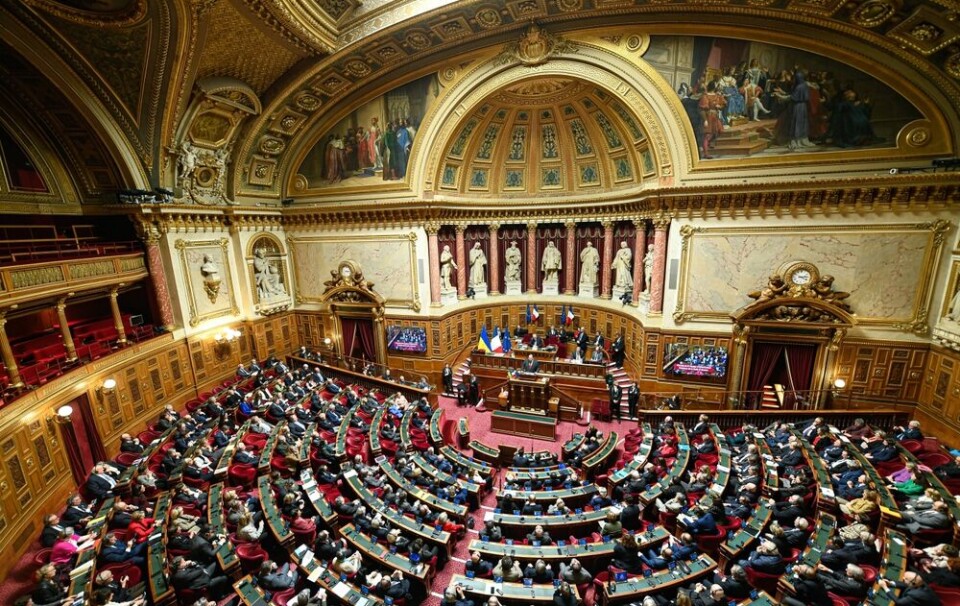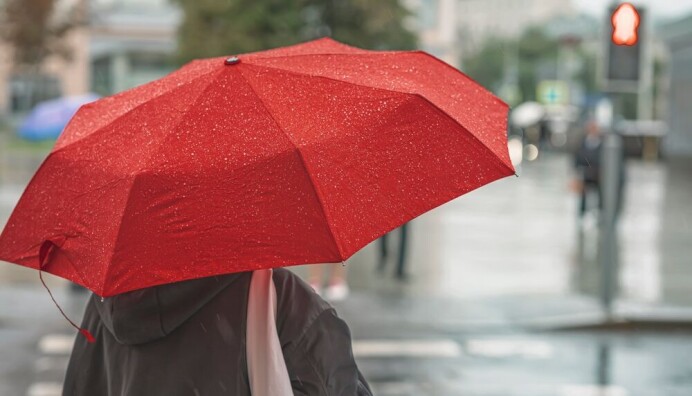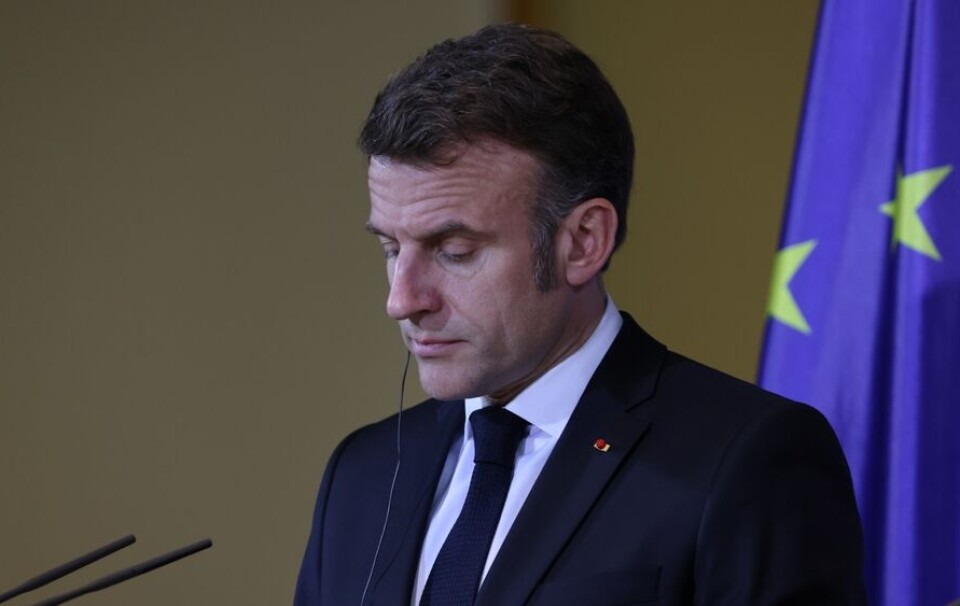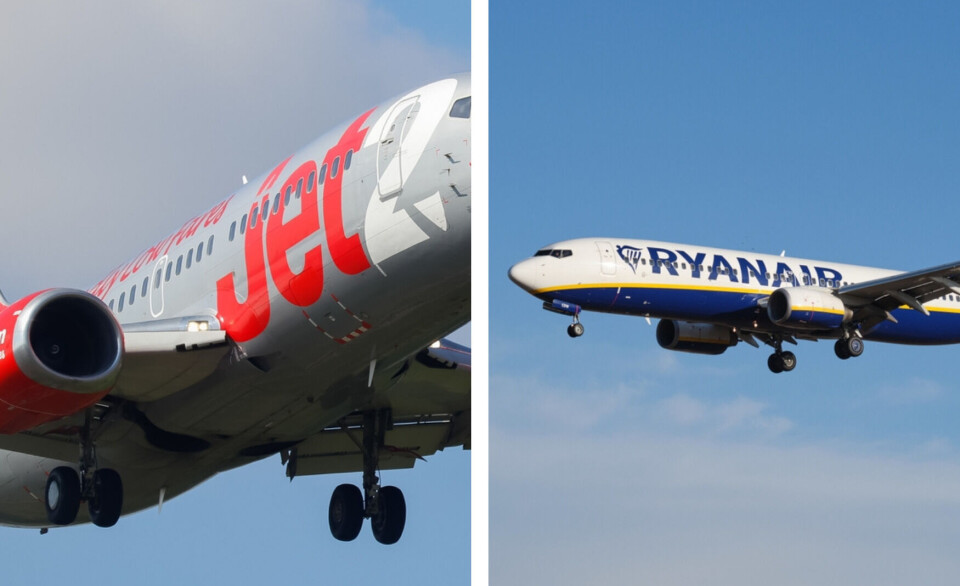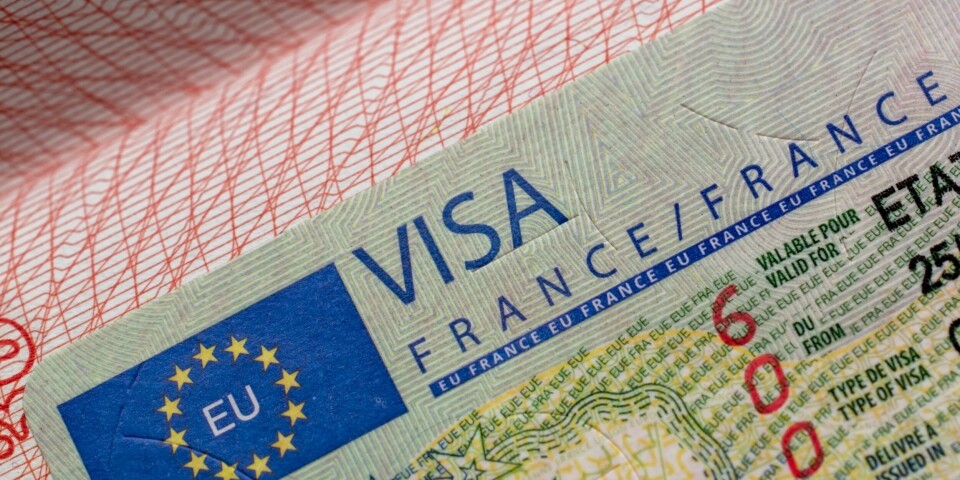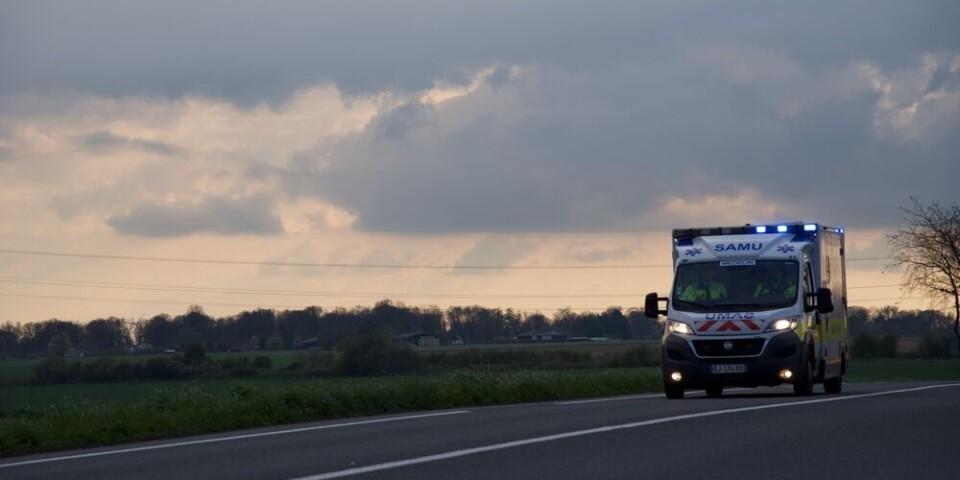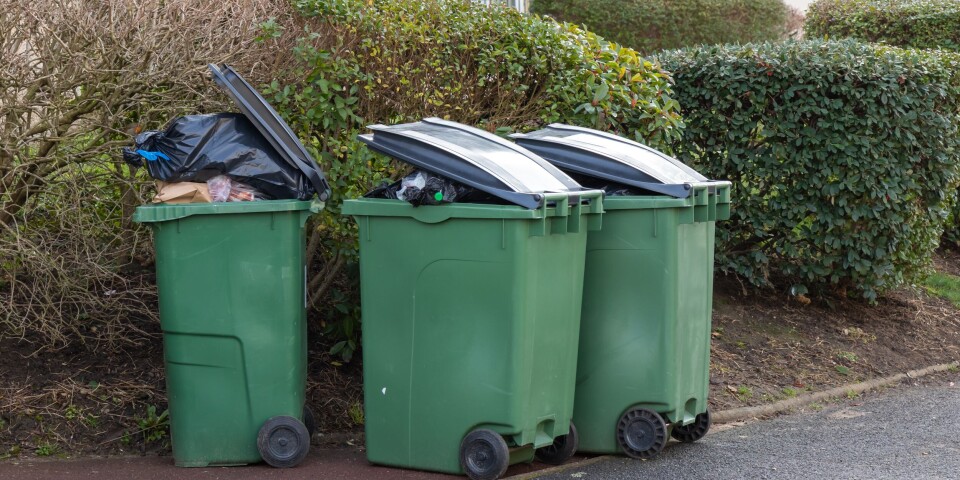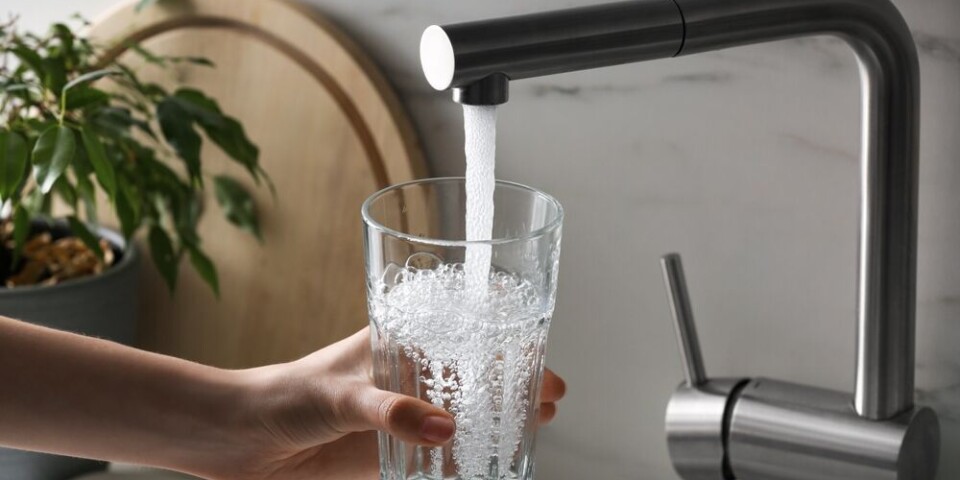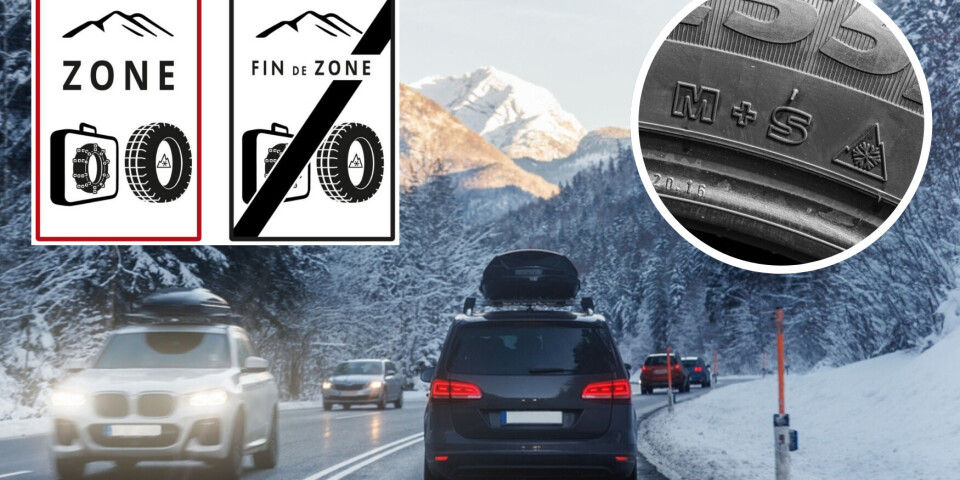-
Air France expands US schedule with direct Paris-Las Vegas route
Airline now offers 19 US destinations
-
2025 small business VAT reform definitively cancelled after Senate vote
New 2026 proposals remain on table but likely to be struck out as MP debates get underway
-
Small drop in percentage of French visa applications being declined
Roughly one in every six visa requests refused in 2024
Why FFP2 masks may replace surgical ones for public workers in France
A decision on the more protective masks - which are up to 75 times more effective - is expected later today. We explain where to buy them and what to consider to get maximum protection
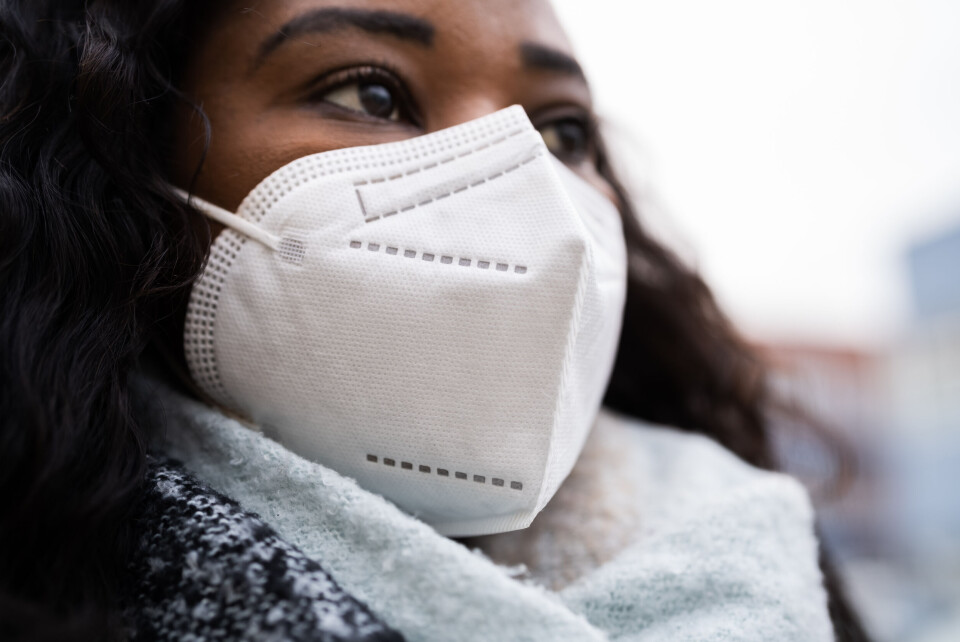
People in France, especially public sector workers, may soon be advised to wear FFP2 face masks instead of surgical-style ones, if health authorities suggest the change today (Friday, January 7).
The Haut Conseil de la Santé Publique (HCSP) is set to give its view on the masks today, after being requested to offer advice by the government. The masks notably offer more protection to the wearer against Covid infection (as opposed to protection to those around them) by airborne droplets than simple surgical-style masks.
Prime Minister Jean Castex yesterday said: “If they tell us to update our advice [which currently only advises FFP2 masks for healthcare workers] then we will do it.”
Public sector workers such as teachers could be the first affected by the rule, as a record number of classes have been closed since the start of the new January term.
The masks may be considered advisable in light of the current prevalence of the Omicron variant, which research suggests is much more contagious than other variants.
Some supermarkets have already anticipated growth in demand of the masks. The Intermarché group is now selling the masks at its Intermarché and Netto stores, at cost-price. Each pack of 20 masks costs €4.52, the equivalent of €0.23 per mask.
Nous continuons à tout mettre en œuvre pour contribuer à limiter la circulation du virus, en rendant accessible le plus d’autotests et de masques possible chaque jour. pic.twitter.com/JKIZPAdkev
— Intermarché (@intermarche) January 7, 2022
Sales of the masks have soared in recent weeks, especially in pharmacies. Some are already reporting delays of several days for availability.
"A supply chain has been in place since 2020,” said Christian Curel, president of the French mask manufacturers' union le syndicat des fabricants français de masques, on RMC on Thursday.
He said: “Sales had been slowing down because there was little demand for this type of mask, but we can see that there has been a surge since Christmas.
“Manufacturers are ready to respond. We are capable of producing 20 million masks a week overnight and of quickly increasing to 40 or 50 million masks a week if necessary.”
What are FFP2 masks?
- Respiratory protection devices
- Protect against breathing in airborne droplets and particles in the air
- Thicker than surgical-style masks
- Research suggests they offer much more protection and filtration than surgical-style masks
A study from Cornell University in autumn 2021 found:
- 90%: Chance of infection after a five-minute conversation with someone three metres away who has Covid but who is not wearing a mask
- 10%: Chance of infection after a 30-minute conversation at a three-metre distance if both people are wearing a surgical-style mask
- Less than 1%: Chance of infection if both people are wearing an FFP2 mask, after a 60-minute conversation, even at less than a three-metre distance
The study therefore concluded that wearing an FFP2 mask makes you 75 times less likely to contract the virus.
However, the study was done before the dominance of the Omicron variant.
How can I buy FFP2 masks in France?
- Available from supermarkets and pharmacies
- Look for the “certification EN 149 : 2001” mark
- Several private companies are selling the masks, too, including in sizes for children
How should I wear the mask?
One of the reasons that the FFP2 masks are more effective than surgical ones is because they allow less air to escape around the mouth and face. To ensure this level of protection, the mask must therefore be fitted and worn properly.
Professor Claire J. Horwell, from Durham University, recently tweeted a thread about the masks, which she recommends, including those that “enhance comfort and fit”.
These include masks with elastic that goes around the back of the head rather than over the ears, which she says are more comfortable (and more protective) for people who need to wear them for most of the day.
Following my @guardianopinion article, people asked which #mask I recommend. I won't recommend a specific brand or model but I can recommend features of masks that will enhance comfort and fit. This🧵relates to industry-certified masks. 1/ https://t.co/qarwjwnR4u#BetterMasks
— Prof Claire J. Horwell 😷 (@claire_horwell) January 1, 2022
What about the extra cost of FFP2 masks?
FFP2 masks are generally more expensive than surgical-style ones.
They can be found for as little as 50 centimes per mask (or at Intermarche at Netto, 23 centimes per mask for a box of 20), but they can sometimes cost as much as €2 each.
Luckily, the masks can be safely reused under certain conditions.
In the US, Peter Tsai, inventor of American N95 masks, states that they can be reused if they are worn once, and then hung up in an isolated room for a week before being worn again.
For example, someone who needs to wear a mask seven days a week could in theory cycle the same seven masks, using one per day, hanging them up, and starting again each week.
They can also be washed several times. In a study, French consumer group UFC-Que Choisir found that FFP2 masks retained their effectiveness after around a dozen cycles in a washing machine at 60C.
What’s the difference between FFP2, FFP3, KN95, N99, N95, and KF9 masks, and how do I choose?
These masks are not different; the names actually refer to different norms across the world.
- FFP2 is the European norm name, with its equivalents including KN95 (China), N95 (US), DS2 (Japan), P2 (Australia and New Zealand) and KMOEL (Korea).
- The exception is the FFP3 / N99 masks, which offer slightly more effective filtration than FFP2 / N95.
Related articles
Planes, buses, trains: France’s Covid rules for eating and drinking
Recap: The seven key Covid rule changes in France
New government measures: Where are masks now obligatory in France?




